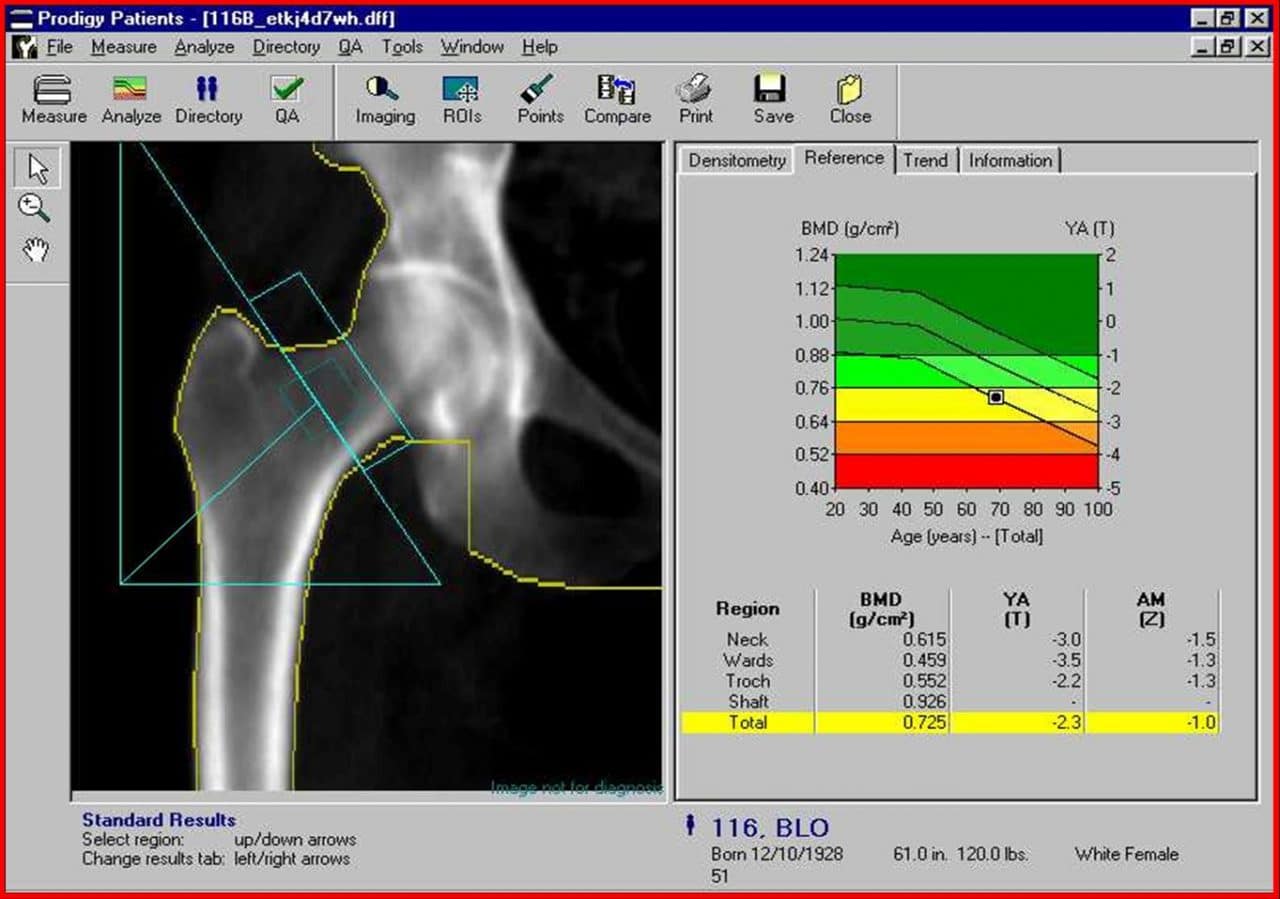
Maintaining good health often requires monitoring key metrics in the body, such as visceral fat. Unlike subcutaneous fat, which lies just beneath the skin, visceral fat resides deep within the abdominal cavity, surrounding vital organs like the liver, pancreas, and intestines. High levels of visceral fat are linked to an increased risk of chronic diseases, including diabetes, heart disease, and certain cancers. Measuring this type of fat accurately is essential for effective health monitoring and targeted interventions, and that’s where DEXA (Dual-Energy X-ray Absorptiometry) scans come in.
What Is a DEXA Scan?
Originally designed to measure bone density, DEXA scans have evolved to become a gold standard for body composition analysis. Using low-dose X-ray beams, DEXA provides a detailed breakdown of body fat, lean muscle, and bone mass. One of its standout features is its ability to accurately measure visceral fat, offering more detailed insights compared to other methods like BMI or skinfold calipers, which can only provide generalized information.
Why Is Measuring Visceral Fat Important?
Visceral fat, the fat stored deep within the abdominal cavity around vital organs, plays a significant role in metabolic and cardiovascular health. Unlike subcutaneous fat, it often goes unnoticed because it’s not visible externally, making it a silent contributor to serious health issues. Excess visceral fat has been linked to insulin resistance, chronic inflammation, and the release of harmful substances, such as cytokines, into the bloodstream, which can disrupt normal metabolic processes. Over time, these effects can increase the risk of developing life-threatening conditions like type 2 diabetes, heart disease, and certain cancers. Detecting and addressing elevated levels of visceral fat is crucial for improving long-term health outcomes. Tools like DEXA scans provide precise measurements, offering an invaluable way to monitor and manage visceral fat levels, empowering individuals to take preventative action through lifestyle changes or medical intervention.
How Accurate Are DEXA Scans for Measuring Visceral Fat?
DEXA scans are widely regarded as one of the most accurate and reliable methods for assessing visceral fat, which is the fat stored around internal organs and linked to various health risks such as heart disease, diabetes, and metabolic disorders. Unlike simpler methods such as waist measurements or BMI calculations, which provide only general estimates of body fat, DEXA delivers precise, quantitative data on fat distribution throughout the body. By using advanced imaging technology, DEXA can accurately differentiate between visceral fat, subcutaneous fat, muscle, and other tissue types, giving a comprehensive picture of body composition.
While alternative techniques like MRI and CT scans can also assess visceral fat with high accuracy, DEXA has notable advantages. It poses less risk to the individual due to its lower levels of radiation exposure compared to CT scans and offers a much shorter scan time, making it more practical and accessible for routine use. Additionally, DEXA scans are less expensive than other imaging techniques, making them a preferred choice in both clinical and research settings. With these capabilities, DEXA has become an invaluable tool for monitoring health, guiding weight loss strategies, and tailoring fitness plans to individual needs.
The Benefits of Using DEXA Scans for Health Monitoring
The precision and comprehensiveness of DEXA scans offer individuals and healthcare providers actionable data. This insight helps tailor interventions such as dietary adjustments, exercise plans, and medical treatments to effectively target visceral fat reduction. Beyond fat measurements, the scan’s ability to evaluate bone density and lean muscle mass provides a more detailed view of an individual’s health.
For those focused on achieving long-term health, DEXA scans create an evidence-based foundation for tracking progress over time. Regular assessments can help detect improvements or areas that require attention, ensuring a proactive approach to health management.
Final Thoughts
DEXA scans are a cutting-edge tool for accurately measuring visceral fat, providing critical data that supports better health outcomes. Whether you’re proactively monitoring your health, managing a medical condition, or working toward fitness goals, incorporating DEXA scans into your routine can offer an unmatched level of detail and reliability. With the knowledge gained from these scans, individuals can take informed steps to reduce visceral fat, improve overall health, and lower the risk of chronic disease.
If you’re interested in learning more about how a DEXA scan can transform your approach to health monitoring, contact us today to take the first step toward uncovering vital insights about your body.
